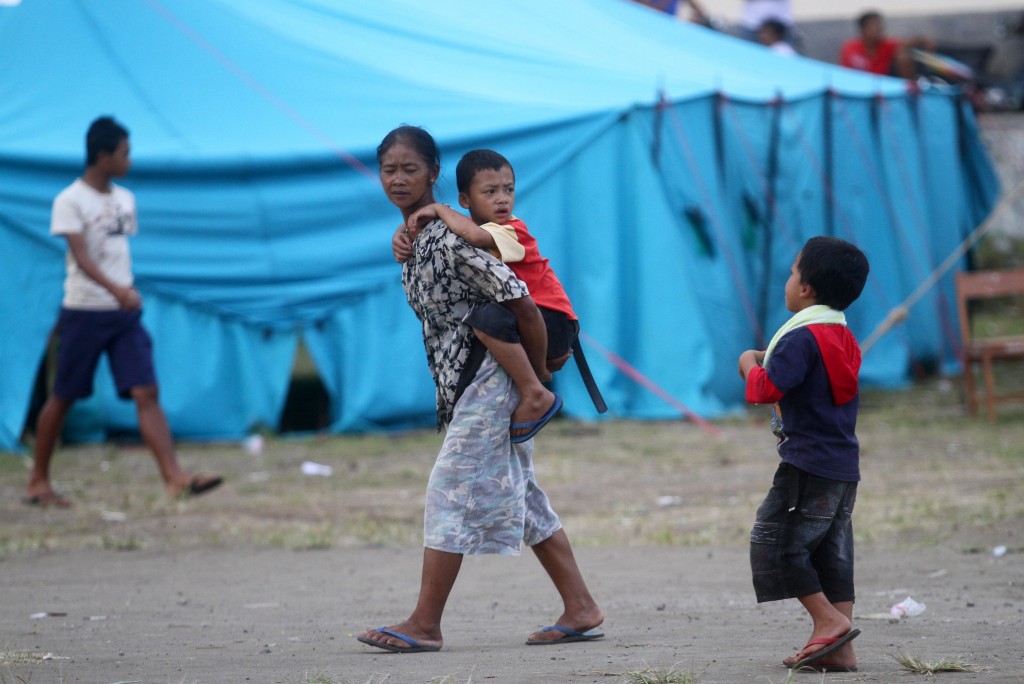
National Director of the Australian Catholic Migrant and Refugee Office, Fr Maurizio Pettenà CS, has this week welcomed news the Australian Government has given visas to the first of the 12,000 Syrian and Iraqi refugees to be resettled in Australia.
On Tuesday, at the Australian Embassy in Amman, Jordan, Immigration Minister Peter Dutton personally gave out the first refugee visas to four families.
According to United Nations High Commissioner for Refugees (UNHCR) reports, two of the families fled the war in Syria, and the other two are Christian families who fled Iraq.
Fr Pettenà also welcomed the news that depending on the success of the resettlement of the 12,000 refugees from Syria and Iraq, Australia will look at expanding the refugee intakes. Mr Dutton said, “…we do think it’s a reasonable thing to look at the prospect of offering more places beyond the 12,000, over coming years”.
In September, the Australian government announced that, in response to the Syrian conflict, it would add 12,000 places for Syrians and Iraqis to the 13,750 it takes through the United Nation’s resettlement program. A total of 25,750 vulnerable refugees will be offered a new life.
Australia has a good record in the successful resettlement and integration of people in local communities, so we have the benefit of working from experience. Given that the group to be resettled includes members of the broader Catholic Church, it is clear that there is a particular role that our parishes, Church agencies and dioceses can play in successfully welcoming people into their community.
Since September, the ACMRO and CSSA (Catholic Social Services Australia) have been liaising with Dioceses and Religious Congregations to identify the support that is likely to be required at the local level. Some assistance that communities may consider includes:
- Identifying housing that may be made available to accommodate people on a permanent basis;
- Identifying opportunities to provide employment and work experience;
- Donations of goods that are targeted to the needs of people resettling in Australia;
- Identifying their religious traditions and helping to connect with the appropriate faith leaders and faith communities;
- Encouraging people to register as volunteers to provide English conversation, orient people to local community services;
- Hosting parish dinners, play groups and BBQs to welcome people into the local community.